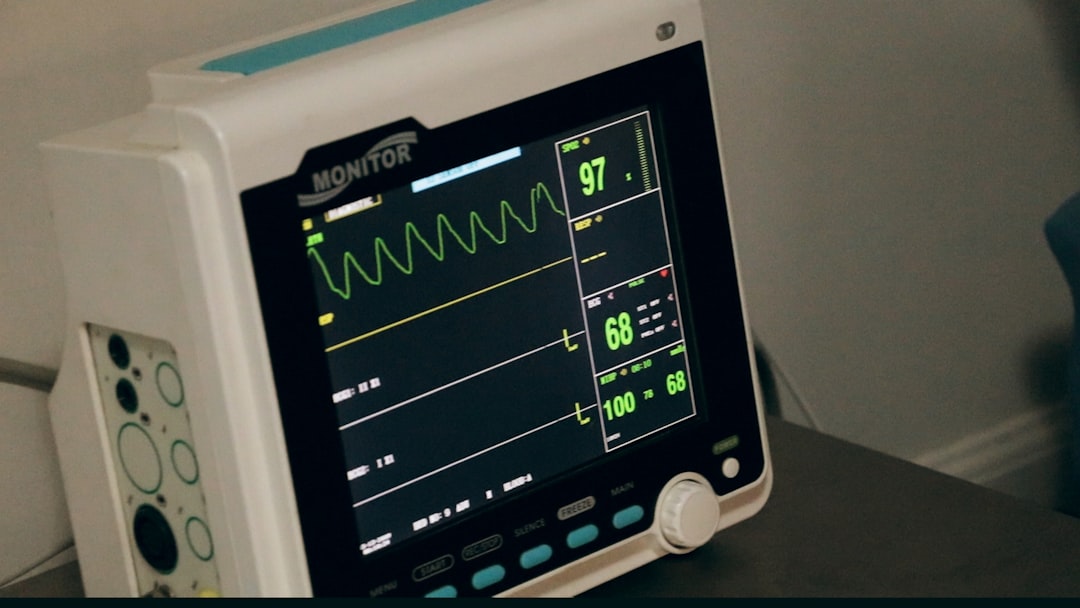What is it about?
Listeria monocytogenes is a bacterial foodborne pathogen that has been associated with a number of food commodities (deli meats, soft cheeses, and cantaloupes). In 2011, one of the deadliest outbreaks in U.S. history occurred when individuals consumed ‘Rocky Ford’ cantaloupes contaminated with L. monocytogenes resulted in 147 cases of infection and 33 deaths. The pathogen can be transferred from the rind of the melon to the flesh through cutting and therefore, it is important to understand if L. monocytogenes can grow on fresh-cut cantaloupes stored at different temperatures. We inoculated fresh-cut cantaloupes with L. monocytogenes and stored them at 4oC for 15 days or 10oC for 7 days. Our results show that L. monocytogenes on fresh-cut cantaloupes grew more rapidly at 10oC than at 4oC. Our results also showed that holding fresh-cut cantaloupes at 25oC for 4 h immediately after cutting did not allow the L. monocytogenes populations to grow to higher populations compared to those stored continuously at 4oC. However, fresh-cut cantaloupes which were refrigerated at 4oC for 24 h, temperature-abused 24 h later, and then stored at 4oC for another 48 h did show significantly higher populations of L. monocytogenes compared to those stored continuously at 4oC for 72 h. This does indicate that some types of temperature abuse can encourage the growth of the pathogen on fresh cut cantaloupes. Overall, these results show that the growth of L. monocytogenes on fresh cut cantaloupes can occur during refrigerated storage, but is enhanced at abusive storage temperatures (10oC) and by temperature-abuse events which interrupt refrigerated storage.
Featured Image
Read the Original
This page is a summary of: Survival and Growth ofListeria monocytogeneson Fresh-Cut “Athena” and “Rocky Ford” Cantaloupes During Storage at 4°C and 10°C, Foodborne Pathogens and Disease, November 2016, Mary Ann Liebert Inc,
DOI: 10.1089/fpd.2016.2160.
You can read the full text:
Contributors
The following have contributed to this page










